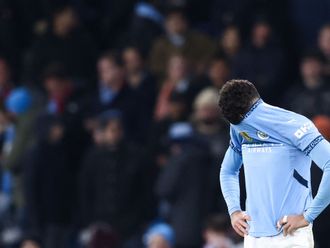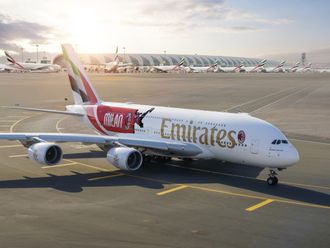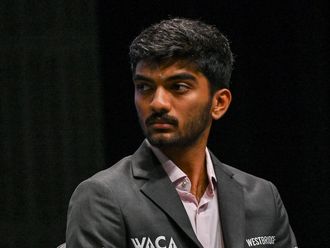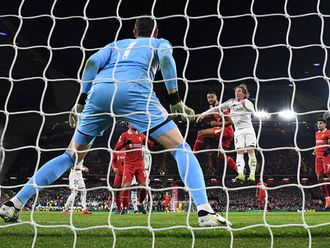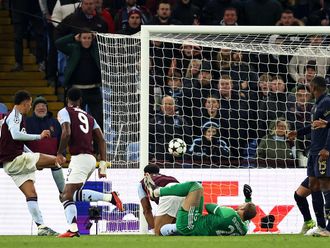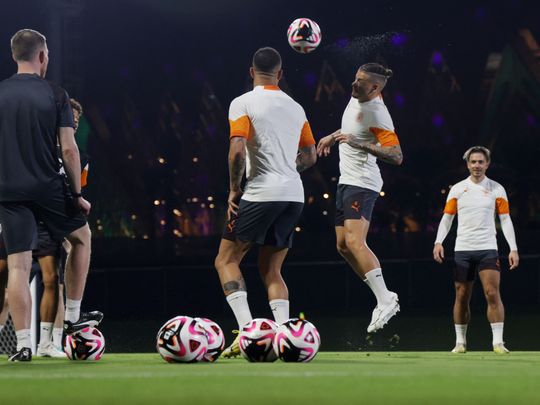
Jeddah: Fluminense coach Fernando Diniz’s free-flowing style that he has labelled the antithesis to Manchester City boss Pep Guardiola’s football faces the ultimate test when the two men face off in Friday’s Club World Cup final.
Diniz, 49, has shot to fame in his homeland, even combining his role with the South American champions as interim Brazil coach, on the back of an innovative set-up that seeks to bring the skills honed as kids in street football into the professional arena.
“The way Pep likes having possession is the opposite of mine. His style is positional, mine is anti-positional,” Diniz once said when asked about comparisons between him and Guardiola.
The idea is to group players together in small pockets, trying to create overloads in tight spaces.
When it works it has reminded Brazilians of the “Jogo bonito” times of a glorious past for the five-time world champions.
Nomadic coaching career
After a nomadic coaching career that has included 13 different clubs, Diniz’s methods have struck gold at Fluminense, who he led to their first ever Copa Libertadores triumph last month.
However, his idea comes with the risk of leaving plenty of open space for opponents to exploit, particularly for his ageing side.
Al Ahly could easily have halted the Brazilians’ dreams of winning a first Club World Cup at the semi-final stage on Monday.
Two late goals eventually saw Fluminense through 2-0 in Jeddah, but only thanks to the heroics of 43-year-old goalkeeper Fabio after the Egyptians had 18 efforts on goal.
Felipe Melo, who became the oldest outfield player in the competition’s history at 40, and former Real Madrid captain Marcelo, 35, also had big parts to play in the semi-final victory.
But even a City side missing the prolific Erling Haaland, due to injury, will not be so forgiving, if given the same amount of space and chances in the final.
Marcelo feels ‘desire’ again
Diniz has already found the step up to international level tough. Handed the reins on a temporary basis, as they hold out in hope of luring Madrid boss Carlo Ancelotti, he has lost three of Brazil’s first six World Cup qualifiers — including a first ever qualifying defeat on home soil to Argentina last month.
The lack of time needed for players to adjust to his demands at international level has been offered as an excuse.
However, Diniz, who has a degree in psychology, has complete buy-in from those under his command at Fluminense.
“He brings out the best in each player,” said Marcelo, who won five Champions Leagues among 20 major honours at Madrid. “I’ve never played as freely as here.
“After I left Real Madrid, I thought I had already had a great career, but Diniz made me feel that desire again.”
Diniz, though, is realistic over the scale of the task facing Fluminense against City.
European teams are unbeaten in 21 Club World Cup matches, stretching back to 2012.
Make history
Guardiola also stands to make history as the first coach to win the competition with three different clubs, having lifted the Club World Cup three times already during his spells at Barcelona and Bayern Munich.
“The fact that South American teams have not won since 2012 is mainly due to the economic power of the European clubs,” said Diniz.
“They take the players that shine in Brazil, Argentina and Uruguay at an even younger age ... and the best coaches too.
“When this happens over the course of a long time, it ends up creating an imbalance.”





